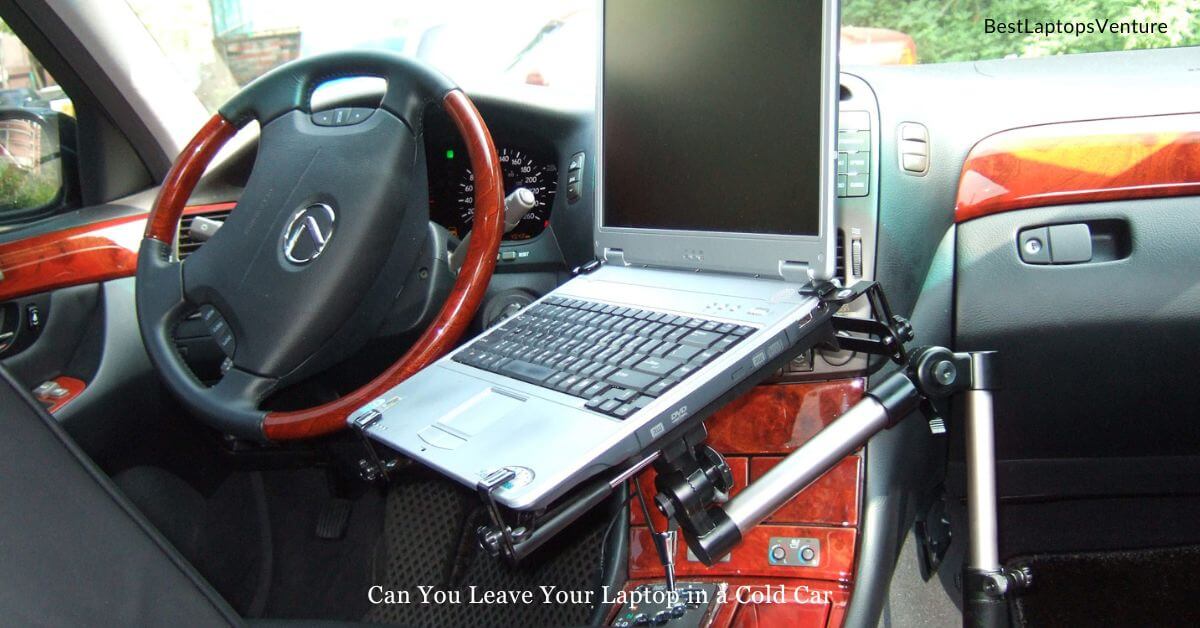
There is no danger of overcharging the battery if you keep your laptop plugged in at all times. This is because when it reaches 100%, it stops charging until it drops below a certain voltage. However, you should ensure that your laptop does not overheat.
After a few years of use, your laptop battery will definitely not be what it used to be. Laptops are mobile devices, but they are often used in one place for long periods of time. The power cord is usually plugged into a wall outlet to continuously charge the laptop.
Can you avoid wear and tear by charging your computer only when you really need it? In other words, can you leave your laptop on overnight?
If you don’t need to carry your laptop around often, you may want to keep it connected to the charger. However, leaving your laptop powered on overnight can have a negative impact on your overall battery life and increase the risk of it catching fire overnight.
In fact, you are doing more harm than good. Continued charging drains the battery, degrading performance over time to the point of being completely useless.
How to charge your laptop overnight
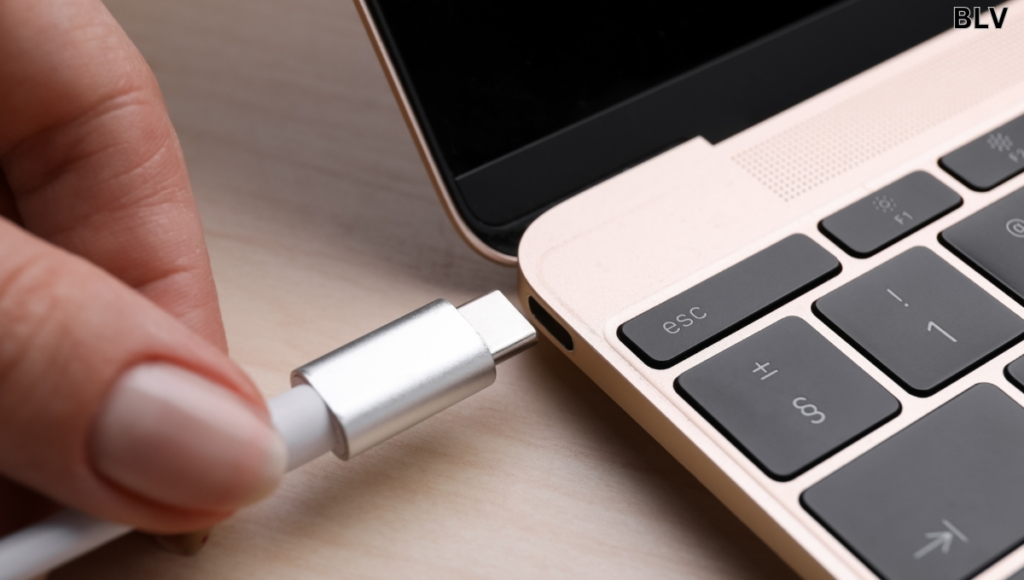
Once the battery is full, unplug the power cord and plug it back in until you need to charge the battery.
By doing this, the charging cycle of the battery is greatly shortened and the standby time is increased. The “healthiest” range for most laptop batteries is usually 40% to 80%.
If you need to keep your laptop powered overnight, you can remove the battery completely and power it via an adapter. Power is sent directly to your laptop and is quickly consumed by the machine without straining your battery.
By following any of the above strategies, you can significantly extend your laptop’s battery life and improve its performance.
If you want to work overnight, you can leave your laptop on. To protect your eyes, check Google Calendar, Wikipedia, iTunes, and Amazon’s dark mode guides.
Is it harmful to charge a laptop overnight?
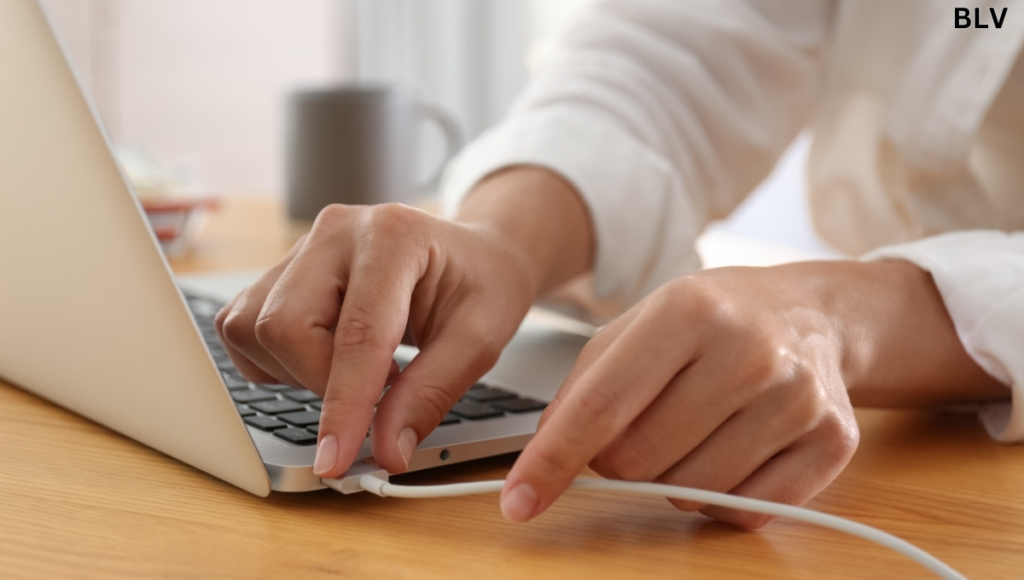
With modern laptop batteries, it’s not a bad idea to keep your laptop charged overnight. Overnight charging means connecting the battery to a power source for an extended period of time to overcharge the battery. However, whether overcharging affects battery life depends on the type of battery.
Lithium-ion (Li-ion) batteries are the most common battery type used in laptops and are widely used due to their superiority over the other two types. The other two types are nickel-cadmium (NiCad) and nickel-metal hydride (NiMH) batteries, which are susceptible to overcharging and the so-called “memory effect”.
Memory effect refers to a phenomenon that occurs when a battery is in operation. If the battery isn’t fully discharged, it won’t last as long as it used to because it has a long memory and thinks it was last charged at full capacity.
Lithium-ion batteries are designed to protect against overcharge, discharge, and overcurrent input. The battery has a small control chip that disconnects the battery when it is fully charged, so overnight charging will not negatively impact your laptop’s battery life.
Instead, a fully charged battery loses its percentage for one minute while connected to the computer (known as trickle charging), and then becomes fully charged again before it stops charging.
This repeats all night, but it doesn’t have a big impact on battery life. This reduction is only seen when the battery is always connected.
However, overnight charging can be dangerous if there is an underlying power problem. In places where the voltage is unstable, power surges can occur and damage the battery.
Additionally, if your laptop already has problems with its ventilation and cooling system, the additional heat generated during charging can have a negative impact.
Learn about Laptop Batteries
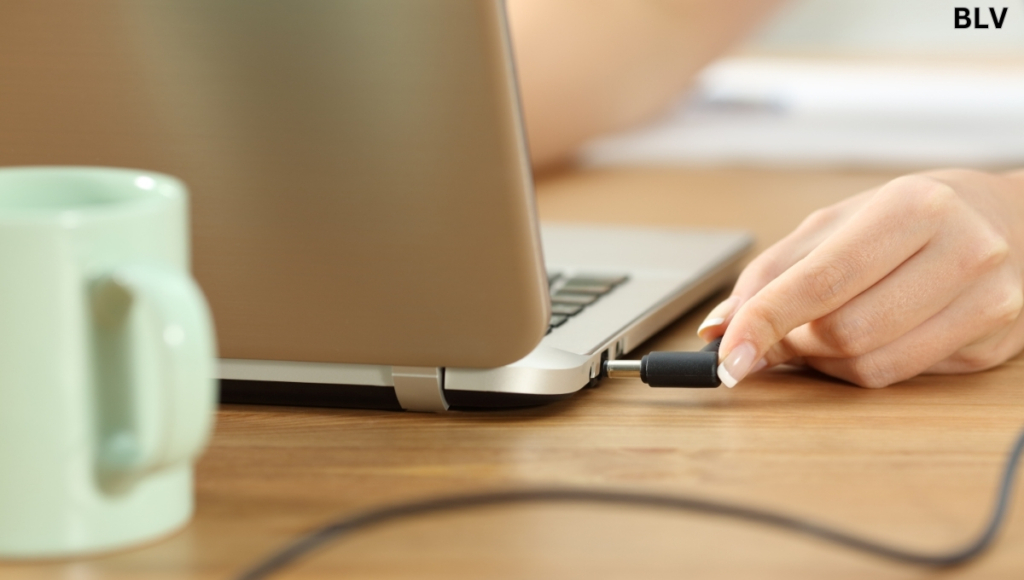
There are two main types of batteries used in laptops. Lithium-ion batteries and lithium-polymer batteries.
Although they are different technologies, they work in much the same way in that they use the movement of electrons to generate electricity. This constant current is also necessary to keep the battery healthy.
For either type of battery, the following is true (at least as far as modern laptops are concerned):
Do not overcharge the battery. You can leave the battery connected at all times, even 24 hours a day, without risking overcharging. Charging will stop when it reaches 100% and will not resume until the voltage drops below a certain level.
Fully discharging the battery will damage the battery. If the battery is left completely empty for a long period of time, it may become deeply discharged. This can be fatal. It may not be possible to load it again. (To revive a dead laptop battery, you can try the following methods.)
Based on this, can we conclude that the laptop should always be on? Not enough.
Things that Damage Lithium Batteries
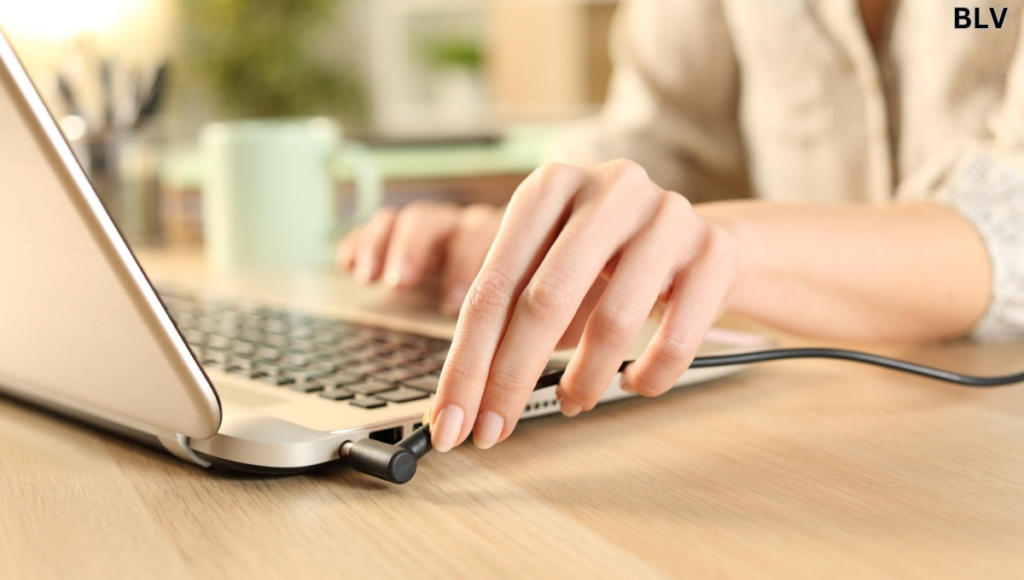
The fact is that lithium batteries are inherently unstable. They begin to lose their effectiveness from the moment they are created, and several factors accelerate their decline.
Also this:
Charge/Discharge Cycles: Each battery has a limited number of charge and discharge cycles.
Voltage Level – The higher the charge level (measured in volts per cell), the shorter the battery’s lifespan.
High temperatures: Temperatures above 30°C or 86°F can cause irreparable damage.
The last two points concern us the most.
Comprehensive research from Battery University reveals how high voltage levels and temperature alone shorten battery life, and when combined they shorten battery life even more.
Do you need to leave your laptop plugged in at all times?
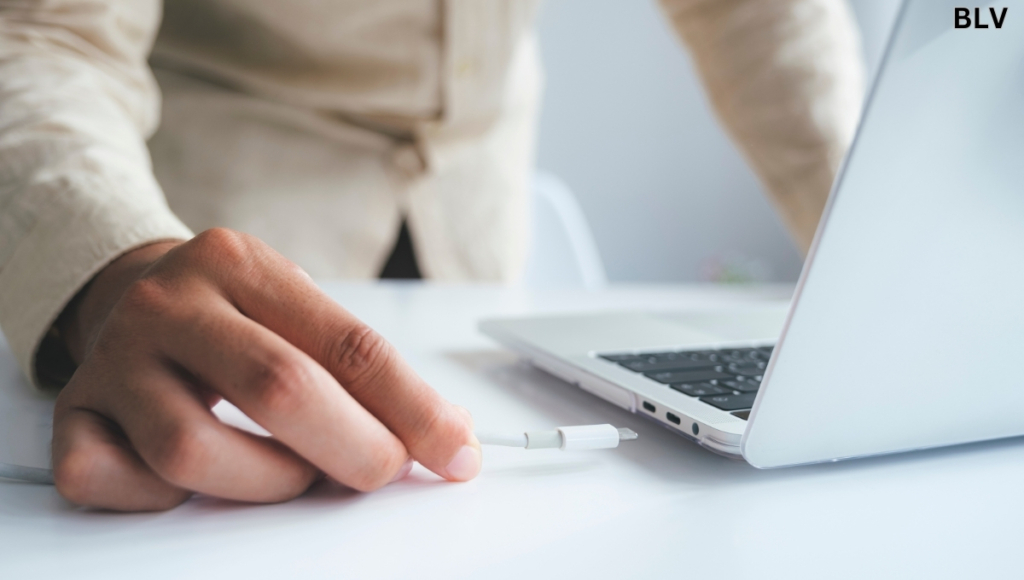
Will leaving my laptop connected to a power source damage the battery? If so. But you still have to charge it every day.
Microsoft clarifies that it’s not a good idea to leave your laptop plugged in even after it’s fully charged, as “keeping the battery 100% charged all the time will cause performance to degrade faster”.
This tip is no longer available on his Apple website, but you can still read it on the Internet Archive. The company recommends against leaving your laptop connected to a power source all the time and recommends the following:
“The ideal user is a traveler who uses a laptop on the train and then connects it to charge at the office. This can drain the battery…”
But don’t worry about this. macOS now includes an optimized battery charging setting that charges your MacBook up to 80 percent when you leave it connected, and only charges the rest of the charge when it’s determined to be needed.
Windows 11 also has smart charging, which works similarly, but implementation is left to each laptop manufacturer.
However, if the laptop only charges 80% while in use, this is not a mistake. This helps extend battery life.
Improve Laptop Battery Performance

However, with these tips, you can slow down the loss of capacity so you don’t have to replace your laptop battery too soon.
Different types of Batteries
In the past, every electrical appliance needed a power outlet nearby. Fortunately, thanks to batteries, we are no longer glued to the wall, but that does not mean that batteries do not lose capacity over time.
For example, they wear out easily and must be handled with care. The best solution depends on the type of battery. The two most common batteries today are lithium-ion (Li-Ion) batteries and lithium-polymer batteries.
Nickel was once a standard metal (NiMH), but is now rarely seen. Many of the maintenance myths are related to the era of NiMH batteries, which require a different kind of care.
For example, unlike the NiMH model, you don’t need to drain the battery completely on a regular basis. By comparison, Lithium-ion batteries drain faster when fully charged or discharged. The ideal usable capacity is 30% to 70%.
Regular Charging
As a general rule, it’s not entirely wrong to unplug your laptop from its charger on a regular basis. Ideally, connect when the battery is about 30% charged. A modern battery can last, on average, thousands of charging cycles before its capacity drops off precipitously.
A charge cycle is when the battery is fully charged and then discharged once. Charging from 30% to 70% takes less than half a charge cycle. No matter what you do, the battery will be damaged and will not charge.
Back in the days when nickel batteries were all the rage, there were some misconceptions. When using these batteries, you should first “train” the battery by plugging the new device into an electrical outlet for about half a day.
This is useless with today’s electronics, as charging stops when the battery is full. The reason NiMH batteries must be completely drained before recharging is because of the “memory effect”.
Because these batteries remember not being fully discharged, they will charge to that level and lose their ability to charge. Therefore, nickel batteries are also called “inert batteries”.
Calibrate the Battery
Never leave your laptop battery on a charge. When the battery reaches 100% charge capacity, the charger will not automatically stop charging and will be powered directly from the wall outlet.
At that point, the battery will continue to slowly discharge and the battery will run out of charge cycles. The risk of damaging your laptop battery this way is high, and even more dangerous if you are using a low-quality charger such as a Chinese brand charger.
We also recommend fully charging the battery at least once every few weeks. Charging and discharging your device regularly will drain your laptop quickly and you never know how long your battery will last.
For this reason, laptop manufacturers recommend fully charging laptops at least once a month to calibrate this estimate.
Extreme Temperature
Extreme temperatures can also affect battery life. If your laptop battery gets too hot, it can significantly reduce its charging ability.
If your laptop heats up quickly or if you want to play games on your computer, removing the battery and leaving your laptop plugged in is not a bad idea.
Of course, this is only possible on laptops where the battery can be removed efficiently. The weather also plays a role, and the battery gets hot in the summer. Laptops are best kept in a cool room. Extremely cold temperatures can have similar effects.
Therefore, do not store your laptop in the refrigerator or leave it outside during the winter.
Do not leave your laptop battery empty for long periods of time

Once the battery is completely empty, it’s best to plug it into the charger as soon as possible. please do not worry.
You don’t have to run to the outlet as soon as your laptop shuts down, but having a dead battery for too long isn’t good for your health. If you leave your laptop uncharged for an extended period of time, the battery can deteriorate and stop charging.
If you still have your old laptop at home, plug it in as soon as possible to avoid the worst.
Conclusion on Can I leave my laptop plugged in overnight
Most batteries in use today are protected from overcharging by their lithium-ion construction and controller chip, so charging your laptop overnight won’t adversely affect battery life.
However, the battery life is set at the time of manufacture, and the capacity naturally decreases as it is used.
However, depending on how the battery is used and other factors (such as extreme temperatures), its lifespan can be shortened much faster than expected.
To avoid this, it’s important to take helpful measures such as keeping your battery cool and disabling software that overcharges your laptop’s battery.
Read also: What is the Lowest Temperature a Laptop Can Handle

![How to Enable Function Keys on Toshiba Laptop? [5 easy steps] 17 How to Enable Function Keys on Toshiba Laptop?](https://bestlaptopsventure.com/wp-content/uploads/2024/03/How-to-enable-function-keys-on-toshiba-laptop-1024x536-1.jpg)
![How to Take a Screenshot On a Dell Laptop? [3 Simple Ways] 18 How to Take a Screenshot On a Dell Laptop?](https://bestlaptopsventure.com/wp-content/uploads/2024/03/How-to-take-a-screenshot-on-a-dell-laptop.jpg)
![9 Best Laptop For Cricut Maker 3 in July 2025 [Expert Recommended] 19 Best Laptop For Cricut Maker 3](https://bestlaptopsventure.com/wp-content/uploads/2024/03/best-laptop-for-cricut-maker-3.jpg)
![9 Best Laptops for Fusion 360 in July 2025 [Expert Recommended] 20 Best Laptops for Fusion 360](https://bestlaptopsventure.com/wp-content/uploads/2024/03/best-laptop-for-fusion-360.jpg)

![9 Best Gaming Laptops with 3080 in July 2025 [Expert Recommended] 22 Best Gaming Laptops with 3080](https://bestlaptopsventure.com/wp-content/uploads/2024/03/Best-gaming-laptops-with-3080.jpg)
![9 Best 2 In 1 Laptops Under $700 in July 2025 [Expert Recommended] 23 Best 2 In 1 Laptops Under $700](https://bestlaptopsventure.com/wp-content/uploads/2024/03/best-2-in-1-laptops-under-700.jpg)
![9 Best Laptop for Transcription in July 2025 [Expert Recommended] 24 Best Laptop for Transcription](https://bestlaptopsventure.com/wp-content/uploads/2024/03/best-laptop-for-transcription.jpg)
![9 Best Laptops For CATIA in July 2025 [Expert Recommended] 25 Best Laptops for CATIA](https://bestlaptopsventure.com/wp-content/uploads/2024/03/best-laptops-for-catia.jpg)
